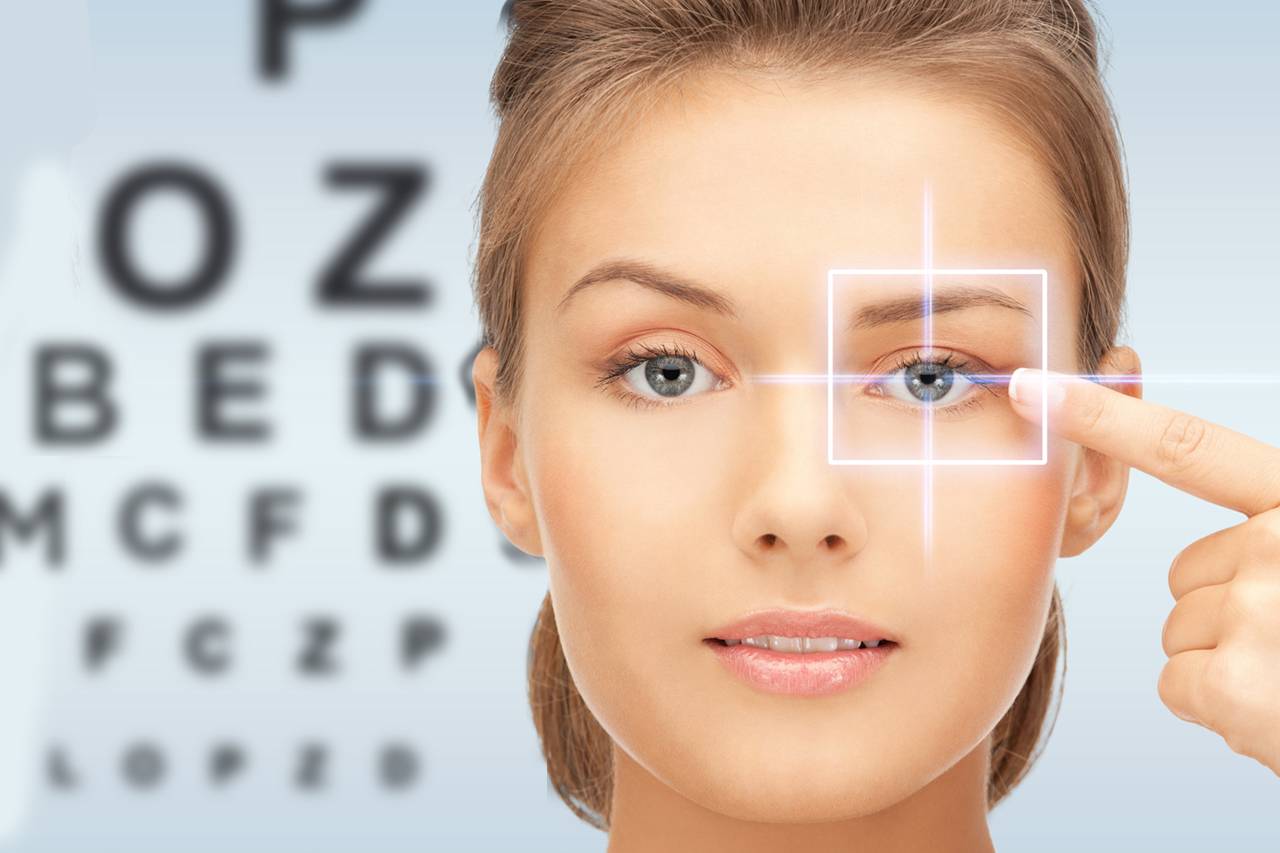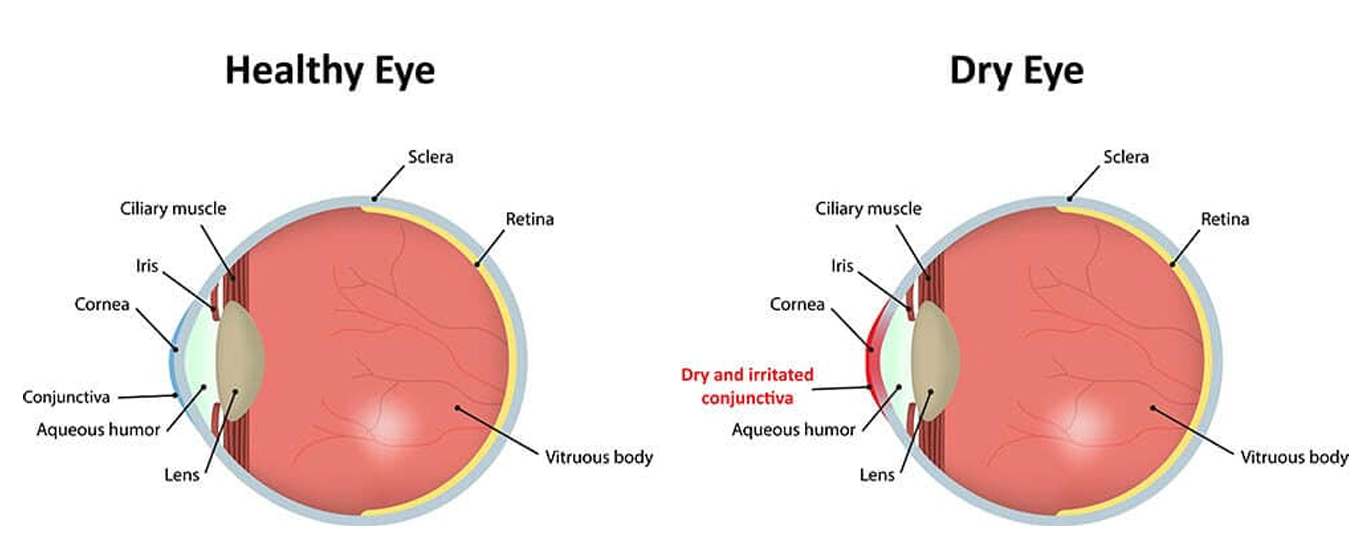Featured

While the majority of individuals comprehend the value of shielding their skin from the sun, the harmful effects of ultraviolet (UV) rays on eye health and wellness frequently go neglected. Whether you're saturating up the sunlight on a summer season day or walking outdoors on an over cast afternoon, protecting your eyes from UV rays is vital.
What Are UV Rays? UV rays are a sort of electromagnetic radiation emitted by the sun. They are classified into 3 kinds:
UVA Rays: These penetrate deep right into the skin and eyes and can add to long-term damage. UVB Rays: These rays are much more extreme than UVA and are mainly accountable for surface-level damages to the eyes and skin. UVC Rays: These are one of the most unsafe but are primarily taken in by the Earth's ozone layer and do not normally reach us. UVA and UVB rays are the primary culprits behind eye-related damages.
Short-Term Results of UV Direct Exposure on the Eyes. Also short-term exposure to extreme UV rays can damage your eyes. One usual problem triggered by this is photokeratitis, or "sunburn of the eye." Symptoms of photokeratitis consist of:
Unpleasant, red eyes. Level of sensitivity to light. Tearing or too much watering. Momentary vision loss or blurry vision. Photokeratitis is generally short-term, yet it functions as a caution of how harmful UV direct exposure can be, even in tiny doses.
Long-Term Impacts of UV Exposure. Extended direct exposure to UV radiation can cause more serious and permanent eye problems, such as:
Cataracts: UV rays can increase the development of cataracts, a problem that creates clouding of the eye's natural lens, resulting in fuzzy vision and, if unattended, blindness.

Macular Deterioration: UV exposure can harm the retina, specifically the macula, boosting the threat of age-related macular degeneration (AMD), which influences main vision.
Pterygium: A development of tissue on the white component of the eye that can extend over the cornea, causing pain, inflammation, and vision issues.
Pinguecula: UV exposure can trigger yellow-colored deposits to base on the conjunctiva, resulting in irritability and dry skin.
Skin Cancer Around the Eyes: The fragile skin surrounding your eyes is extremely vulnerable to UV radiation, enhancing the threat of skin cancers cells like basal cell carcinoma and squamous cell cancer.
Just How to Secure Your Eyes from UV Rays. Shielding your eyes from UV rays is simple and calls for a couple of mindful habits:
Purchase Top Quality Shades: Choose sunglasses that block 100% of UVA and UVB rays. Seek tags that specify "UV 400" defense. Wrap-around designs are suitable as they block UV rays from the sides also.
Put On a Wide-Brimmed Hat: A hat with a border at the very least three inches wide can considerably lower UV direct exposure to your eyes and face.
Limitation Exposure During Peak Hours: UV rays are strongest between 10 a.m. and 4 p.m. If you need to be outdoors throughout these hours, make certain you're sufficiently safeguarded.
Don't Be Misleaded by Clouds: UV rays can penetrate with clouds, so it is very important to wear sunglasses also on cloudy days.
Shield Your Eyes Year-Round: Snow, sand, and water can mirror UV rays, increasing their impacts. Eye defense isn't just for sunny summer season days-- guarantee you're covered in all seasons.
Use UV-Blocking Contact Lenses: Several contact lenses now come with UV protection. If you wear contacts, ask your ophthalmologist regarding lenses with built-in UV filters for added security.
Motivate Eye Defense for Children: Children's eyes are a lot more delicate to UV rays due to the fact that their lenses are more clear, enabling more radiation to get to the retina. Make sure they use sunglasses and hats during exterior activities.
Regular Eye Tests. Routine examinations with an eye treatment professional are vital for very early detection of any UV-related damages. An eye doctor or ophthalmologist can evaluate your eyes, suggest protective measures, and identify problems like cataracts or macular deterioration early on.
Verdict. UV rays present a considerable danger to eye health and wellness, and their impacts can collect in time. Nonetheless, with the ideal safety measures, you can decrease these risks and secure your vision. By putting on UV-blocking sunglasses, limiting sunlight direct exposure during height hours, and staying constant with eye examinations, you can guarantee your eyes remain healthy and balanced and your vision continues to be clear for years to find. Securing your eyes from UV radiation isn't practically comfort-- it's an essential action in protecting your long-term eye health and wellness.
Latest Posts
Discover Montclare Auto Repair’s Premier Services and Why Drivers Rely On Them
Find Cost-Effective Auto Repairs with Montclare’s Exclusive Service Specials
Design Your Dream Wedding at Deauville Inn: Unforgettable Waterfront Venues
More
Latest Posts
Discover Montclare Auto Repair’s Premier Services and Why Drivers Rely On Them
Find Cost-Effective Auto Repairs with Montclare’s Exclusive Service Specials
Design Your Dream Wedding at Deauville Inn: Unforgettable Waterfront Venues